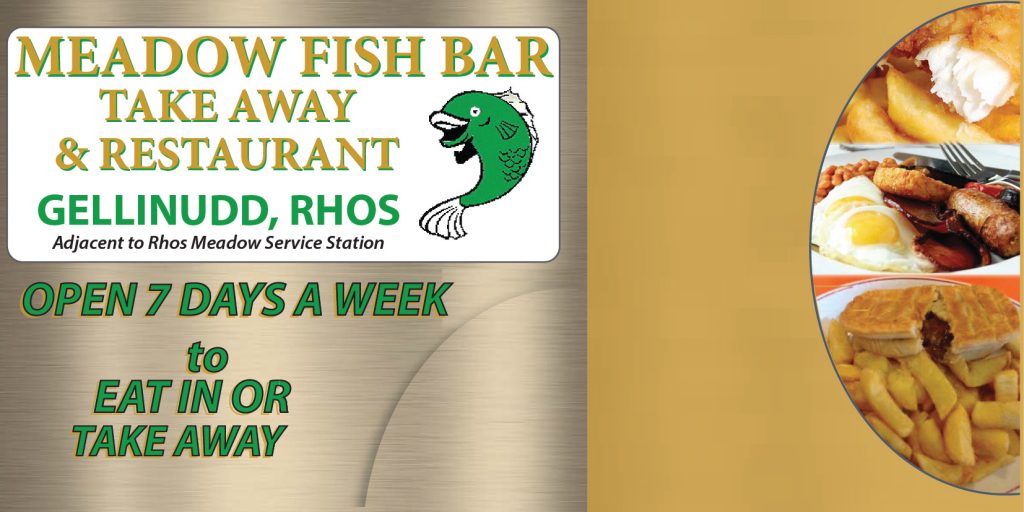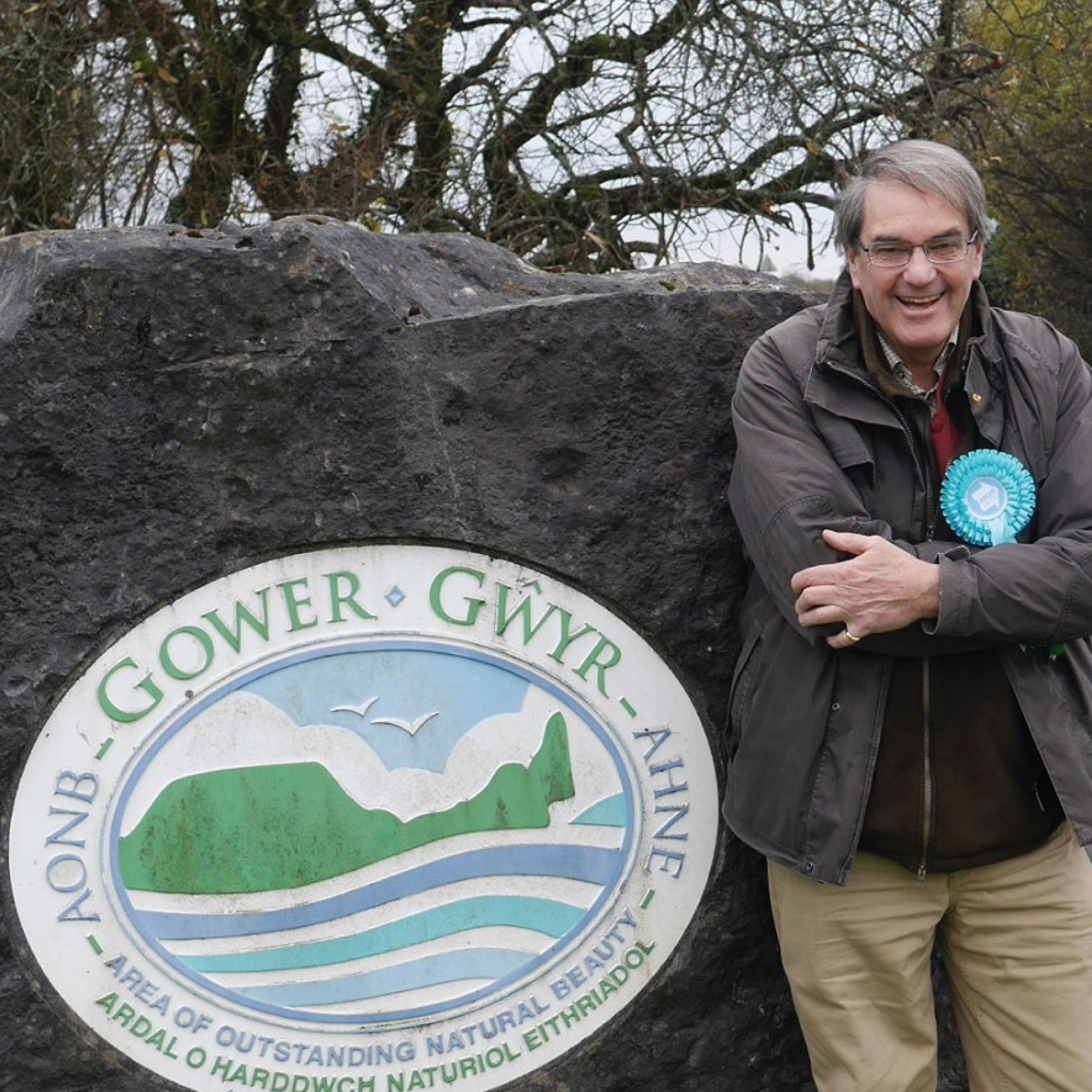JACK SWAN PLAYS JEREMY PAXMAN: PLAID CYMRU
Plaid Cymru have performed incredibly well at council level in recent years but have not yet been able to take this support into Westminster seats. I met up with Neath candidate Daniel Williams to discuss their manifesto:-
Brexit is the number one question, is it awkward for the party of wales to be so obviously against how the country voted?
Yes I suppose it is awkward in a sense. The feeling within the party is that we must be honest with this. All the analysis suggests that there is no good Brexit for Wales. I don’t think that people are inevitably remain or leave voters but the way that the whole thing has developed means that people are quite stuck in their positions and have become polarised. The Brexit vote came right after the Assembly elections, there was no real remain campaign here in Wales because I think a lot of the politicians were fatigued after that election. The leave campaign was the far more active because a lot of those involved had not been so involved in the Assembly elections. The Welsh assembly elections allows our European citizens to vote. European citizens in Wales were not allowed to vote in the EU referendum. So in a sense our system in Wales is more tolerant than the British one. The referendum was conducted on British lines and the way that the story was told was simply on British terms. We have a manufacturing sector which exports more than any other nation in the UK, we will be affected more by Brexit because of that. Another sector is agriculture but that is going to be hit from exporting massively but also possibly by opening imports from the USA. I do accept that there was a referendum and that democracy needs to be respected. I think it should have been a two-stage referendum from the start, where we should have had a vote on the idea of it and then had a closer look to see what it looks like before voting on that.
Are the Lib Dems wrong to offer revoke?
I think so yes, Plaid seemed to dabble with this, but I was never easy with that. I much prefer the policy of a second referendum.
Plaid want devolved taxation powers for Wales. How will it work?
There are two elements of this. We are at a Westminster election and we are not going to set the taxation for the whole of the UK, so what we are arguing for is a much better deal from London. Westminster needs to help Wales to rebuild its economy. What seems to happen is that if we make a kind of modest suggestion then we are laughed off the field. In this election we are asking for £20 billion over ten years to recharge our idea of a green economy. 1% of British GDP is £15 billion, we are dealing with numbers people can’t get their head around. Wales is one of the very poorest areas of the UK, if the idea of the United Kingdom has any relevance at all then we deserve to argue for a basic level of economic justice.

But Vat for example, Plaid want VAT to be separate from the UK and so Cardiff and not Westminster decide the VAT rate?
The principle there is that VAT collected in Wales could be spent in Wales.
But a product could be cheaper here because of its VAT?
Potentially yes, that is the idea of devolution. Something like the air passenger duty , which we weren’t allowed to set because of the competition between Cardiff and Bristol and a supposed threat to Bristol airport.
It is a threat, but you can understand the scepticism from the UK. If for argument sake Wales was to be able to control its own VAT rate and became cheaper on some products than England, would that apply to online purchases?
Well I’m not an expert in this but I’d expect not. The danger with that is that it becomes a race to the bottom. We have relative poverty in Wales, it is just about giving us a relative edge in order to catch up. We are looking for advantages, and at the moment the amount of control that we have is very little.
But we all know that the big businesses like Amazons for example are all going to find any loop hole to spend as little tax as they can and so if we offered lower rates then they would all come here which is great for Wales but the rest of the UK aren’t going to allow that to happen are they?
That’s true at some level of course but any economic policy for an independent nation would allow that. There is a common European sense to a lot of these decisions which are being made. The shifts that we are looking for involve creating a level playing field, we are a national party looking to give Wales an advantage, one which we have never had, it has always been the opposite. It would be an ongoing relationship between the two nations.
You mentioned corporation tax. If Wales were to have its own control, surely you wouldn’t advocate a business paying more in Newport than in Bristol? You wouldn’t want there to be higher taxes because surely new businesses wouldn’t come to Wales but to the border?
I don’t think we are advocating that but, in a situation, where you do have control then you are going to have differences and then the government needs to respond to the kind of situations which you are talking about. You can mitigate certain things, that’s what all nations always do. I think of Wales not just as a cultural identity but also as an economic entity , we should have control of the type of economic areas that you are raising.
Plaid propose £35 a month to every child on low income family. What is the threshold?
It’s 60% of average household income which was £28,600 in 2016 and so it would be a little higher than that figure but its £35 for every child if a household earns under 60% the average and it is to address child poverty here in Wales. There are 200,000 children living in poverty in Wales.
Also offering up to £25 a week for people in the private sector who spend more than 30% of their income on utility bills and rent. How would you assess this?
At the moment 49% of people in the private sector spend more than 30% of their income on rent. I assume it would be the same as any other means test.

Wont it simply just increase rent prices?
which we have seen because of the benefit system. Wont we just see rentals increase by £100?That would obviously have to be monitored. The abuse of a policy cannot be a reason not to do what is right in our opinion.
Plaid want to electrify lines in Wales, will we see any new lines created?
There are a few steps in relation to this. We have had two major projects here in Wales cancelled in recent history, one is the electrification West of Cardiff and the other is the tidal lagoon in Swansea. As a first step, we want to reintroduce those projects, they make sense in terms of green energy, creating jobs and reviving the economy of the South West. One of the mistakes made about electrification is that the arguments revolved around train times and speed, but actually electrification allows for larger trains, they’re greener and can run more often. In the manifesto itself, we also are envisaging in the next ten years, a major development in construction of the metro which would be a genuine metro, one which would link the valleys, it would not just be leading the valleys into Cardiff. Even if we just had that connection to Swansea in our valleys, then it would be a major step forward. But we’re also looking to interconnect the valleys. I don’t know of any other manifesto launch that mentioned the Swansea, Dulais and Neath Valleys but the Plaid one did and it is absolutely a vision of an integrated rail system and one that unites the whole of Wales. We will open up the Carmarthen to Aberystwyth route, there is already work initiated by Plaid Cymru into the feasibility of this. It is a long-term project, step by step, but every time there has been a rail development here, usage has been far bigger than initially thought. The line from Ebbw Vale to Cardiff is an example; they reached their yearly approximation in a few months. The roads are so congested that there is a desire for alternative transport. In somewhere like the Swansea valley, so many of us drive to work in Swansea. The roads are usually congested and so this is precisely the infrastructure development linked to a green view which the Plaid manifesto has set out for the next ten years.
Are you an advocator of Welsh independence?
As an ultimate goal, yes. I think every political movement needs a direction; it needs a goal. Independence wasn’t really on the agenda during the years of devolution. I was a big supporter of devolution and more powers to Wales. I was also a big supporter of the Plaid-Labour ‘One Wales’ government. What we’ve seen since is a lack of progress, we’ve lost our sense of development . The independence movement has gathered outside of Plaid as well as within it, there is a Labour for Yes movement, and some Lib Dems support it and it’s moved the talks to the centre so just this week (Plaid Leader) Adam Price was being interviewed on the BBC and there were questions on customs checks and the likes of that which we have never seen asked before. Obviously nobody is advocating customs checks, but that the question is being asked is significant.
That’s inevitable though, in the same way as the UK have found these issues with Eire, if you are an independent country then there has to be an agreement with the neighbouring country and if Wales want to be in the EU and England or whatever is left of the Union decide that they don’t want to be in the EU then there has to be the same issue?
That’s why Europe is so important. A friend of mine lives on the German-Denmark border and travels back and forth daily to buy stuff, get petrol etc… the EU allows for that movement. For us to leave, it would have ramifications. What Plaid have done is to set up a commission to look at these issues, to look at the potential. I’m not ready to give up yet that we could all remain in the EU and it is in that context where it becomes more feasible. Independence itself is something which Plaid has been skeptical of in some ways, historically. For me personally, I’m all for decisions making being as close as possible to the people they effect. We have a national identity to give ourselves a standing in the world but that doesn’t necessarily mean that we couldn’t envisage some decisions being made at the Westminster level and others at the European level. Issues such as the environment should be decided at a transnational scale, it’s not unthinkable to have defence at a Westminster level, but then the majority of issues should be made here in Wales. It should be up to us to decide whether we’d wish to cede sovereignty of certain issues, allowing for decisions to be made at a co-operative international level.
You sound like you edge more towards further devolution than independence?
I think the status ultimately would be independence. The Scandinavian countries are all independent but there is a considerable amount of common decision making which they make together and then within the EU.Even a country like Norway which isn’t within the EU but remains in the single market and customs union co-operates with the others. There are models there where Wales could be in the EU while England might be out of Europe but in the single market and customs union.
Has Brexit made Independence more or less likely?
I think it has brought it into people’s mind. Whether it has made it more likely I don’t know, but imagine a scenario where Scotland gets independence, which I expect it will do in the next ten years. It is very likely Ireland will become reunited. Do we really want to be that anonymous place next to England? Englandand-wales, we’d be the place that doesn’t exist. Do we really want to be economically integrated to that entity? I think the answer is no. I think the majority of the Welsh think no and so it is on the agenda. It’s not only Plaid who are worried about this. Many in Labour are too, and I think in the next ten years we will see movement on this.

Is nationalism linked with racism and intolerance?
Obviously in many places in the world the word ‘nationalism’ does have that negative connotation. This is partly because of the rise of people like Trump and Farage. Plaid’s idea of nationalism is completely different. The goal is to create a country which is welcoming and tolerant of others. The Welsh to some extent have been considered as a racial group or ethnic group contributing to the British melting pot. And what we are envisaging is a civic Welshness, one which is not related to who your parents were or whether you were born here, but Welshness as a political frame, whether you have been living here for centuries or weeks. Within the debate on multiculturalism in the UK there are two dominant metaphors. One is the idea of the melting pot, in which you put everyone into it, mix it all together and you end up with some kind of Britishness which tends to be white and English speaking. The alternative multicultural vision is more of a salad-bowl. Here, instead of mixing everything up you get your lettuce and your radish and tomato which retain their differences within the bowl. This is a far more tolerant model and so you accept the differences. That vision of Britishness was perhaps most famously represented in the British Olympic ceremony of 2012. In the salad bowl the Welsh are next to the Scots, the Somalis, Pakistanis and so on, all within the British pot. What Celtic nationalists want to do is to have a Welsh pot and so there will be a Jewish Welshness, an Afro-Caribbean Welshness etc… so you can have plural forms of Welshness. That’s what narratives of Britishness struggls with, because Britishness is supposed to be this identity which holds all of us. If the Welsh and Scots are also plural and multiple, what then is the purpose of Britishness. Perhaps the multicultural England advocated by Billy Bragg among others, co-existing with a multicultural Wales and Scotland, is the way ahead.
As we are Jack Swan magazine. Do you have a joke you can share with us?
A worker from the old GDR gets a job in Siberia. He know that the censors will be checking his letters home, so he establishes a code that he shares with his family: ‘If I write in blue ink it is true, if I write in red ink is it false’. After a month, the family receive a letter in blue ink: ‘Everything is great here. Great shops, great football, plenty of food and drink, and an excellent cinema. The only thing I can’t get my hands on is red ink!’Is this not the condition of Wales in the British state? We seem have all the freedoms, but are missing the red ink. We ‘feel free’ but fail to understand the structural cause of our nation’s relative poverty because we lack the very language to express our predicament. Plaid Cymru’s role is to supply the red ink!



